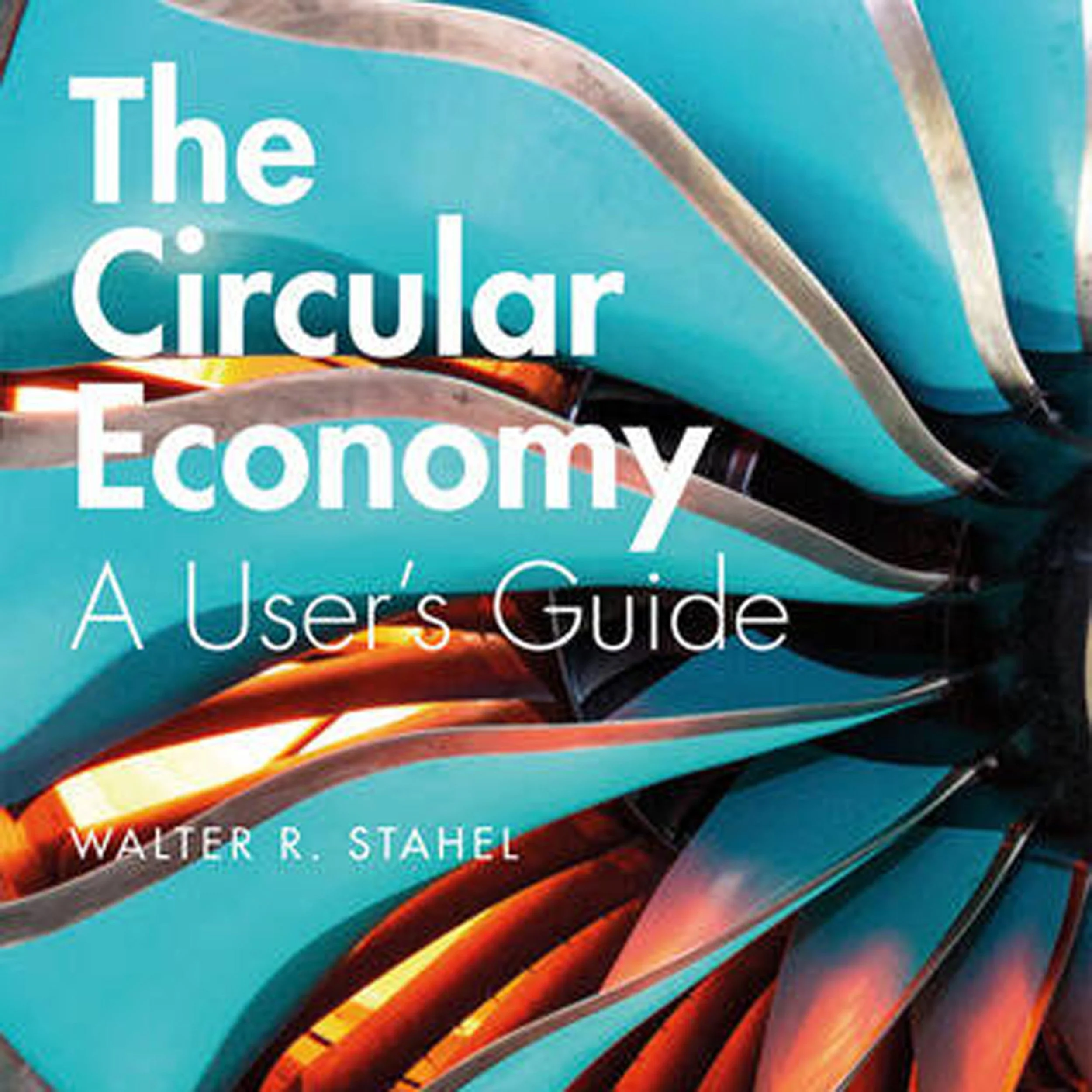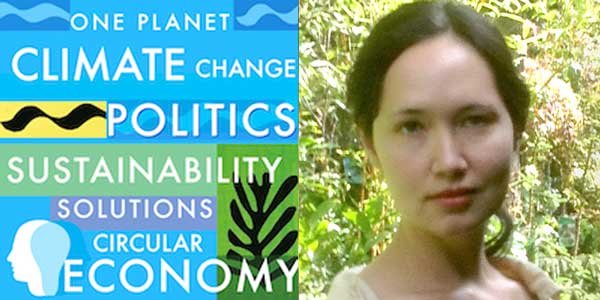A founding father of the circular economy, Walter R. Stahel is the Founder-Director of the Product-Life Institute (Switzerland), the oldest established consultancy in Europe devoted to developing sustainable strategies and policies. He is Senior Research Fellow at the Circular Economy Research Centre, Ecole des Ponts Business School and Visiting Professor in the Department of Engineering and Physical Sciences, University of Surrey. He is also a full member of the Club of Rome. He was awarded degrees of Doctor honoris causa by the University of Surrey, l’Université de Montréal, and the 2020 Thornton Medal of the Institute of Materials, Minerals and Mining. He is the author of The Circular Economy: A User’s Guide.
THE CREATIVE PROCESS’ ONE PLANET PODCAST
Just outline for us four stages of the circular economy.
WALTER STAHEL
The circularity, of course, has existed in nature for a long time. Actually, nature's circularity is by evolution. There is no plan, there is no liability, and there are no preferences. It's simply the cycles such as marine tides, CO2, and water cycles, plants and animals, and basically by evolution, the best solution wins. Also, there is no waste. Dead material becomes food for other animals or plants. Now, early mankind survived by depending on these local natural resources sharing a non-monetary chaotic symbiosis dominated by nature, then poverty or necessity-based society changed when humankind used science to overcome shortages of everything. In other words, the Anthropocene. With nuclear energy, petrochemicals, metal alloys, we became independent from nature, but we overlooked the fact that these new manmade anthropogenic resources or synthetic resources were unknown to nature, so nature could not deal with them. And that means that we, humankind, has to take responsibility for it.
*
We have to solve three problems. We have to create a low-waste society through incentives to change individual behavior from consumer to user through loss and waste prevention, and intelligent resource management. We also have to create a low-carbon society by preserving the water, electricity, and CO2 emissions embodied in physical assets or through innovation in green electricity and circular energy. And the third challenge, which is probably the biggest, we have to create a low anthropogenic mass society by preserving these existing stocks of infrastructure, buildings, equipment, vehicles, and objects.
The only strategy I know that can fulfill these three challenges is a circular industrial economy. Now the last point, low anthropogenic mass society is simply because some years ago, the rapidly growing anthropogenic mass has become bigger than the world's biomass. And that of course means we are destroying the biomass because we have a limited planet, and we are destroying biodiversity and replacing it with synthetic manmade materials and objects. And this in the long term means we are killing ourselves, so we have to stop producing anthropogenic mass, except in countries that don't yet have sufficient infrastructures for education, health, living, and sufficient food to feed the population.
This interview was conducted by Mia Funk and Yansong Li with the participation of collaborating universities and students. Associate Interviews Producer on this podcast was Yansong Li. Digital Media Coordinators are Jacob A. Preisler and Megan Hegenbarth.
Mia Funk is an artist, interviewer and founder of The Creative Process & One Planet Podcast (Conversations about Climate Change & Environmental Solutions).















































































